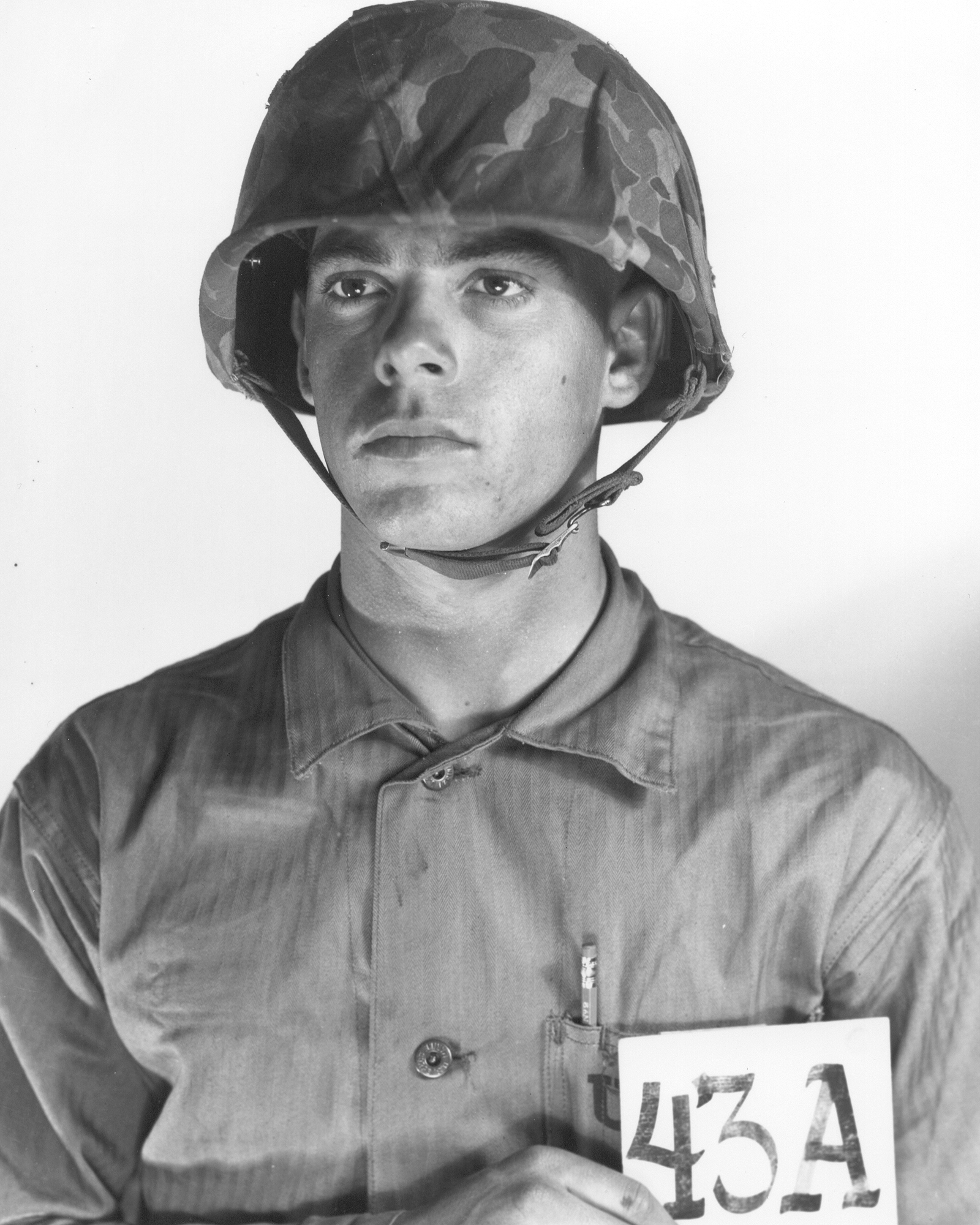Everyone loves singing the smash hit “My Heart Will Go On” by Celine Dion, but what if part of you could go on after you bite the dust?
Organ transplants have only been around for 70 years, but the procedures have evolved beyond anyone’s wildest expectations.
Thomas Starzl is remembered as the father of modern transplant surgery. He is distinctly known for his work pioneering liver transplantations, a surgery that is life changing for the thousands of people who need it each year.
The process is fragile, and when an organ becomes available to someone in need, a clock begins to count down, rather quickly. Starzl says in his memoir, Puzzle People, that “Every minute is the difference between success and failure.” (Which is a great quote for officers to put in the signatures of their emails, just saying.)
Starzl recalls thinking up this new mantra while watching hospital staff receiving live organs from EMS flight crews, and seeing the urgency they moved with.
Being an organ donor can save and change up to seventy-five lives. Depending on the mechanism of injury, and cause of death, a donor can give their vital organs to those waiting for them in hospitals.
Though slightly distasteful, when a donor is received, collecting what can be passed on to patients in need is called an “organ harvest” (which is absolutely metal).
In a harvest, even skin, parts of the ear, and corneas can be collected. The tissue collected is tested, and matched to the most appropriate recipient.
Recipients are often on a registry, and have been waiting for miracle for a very long time.
The thought of dying, and not being physically whole at burial can be very discomforting to some people. It may simply go against their personal beliefs, or their religious faith.
No one would blame you for wanting your final vessel to remain intact when laid to rest. However, if the idea of leaving a part of yourself to live on has crossed your mind, consider registering as an organ donor.
April is National Donate Life Month. Over 100,000 people are on the donor registry, waiting for one of two options. Option one, they receive a donation and their life is changed forever. Option two, they keep waiting until they can’t anymore, and the reason why they are on the registry takes any chance they have at normalcy.
The organization, Donate Life, is based purely on generosity, and asks the public to pass forward the legacy of humanity by becoming an organ donor so that maybe they can give a stranger a second chance at life.



%201.svg)









